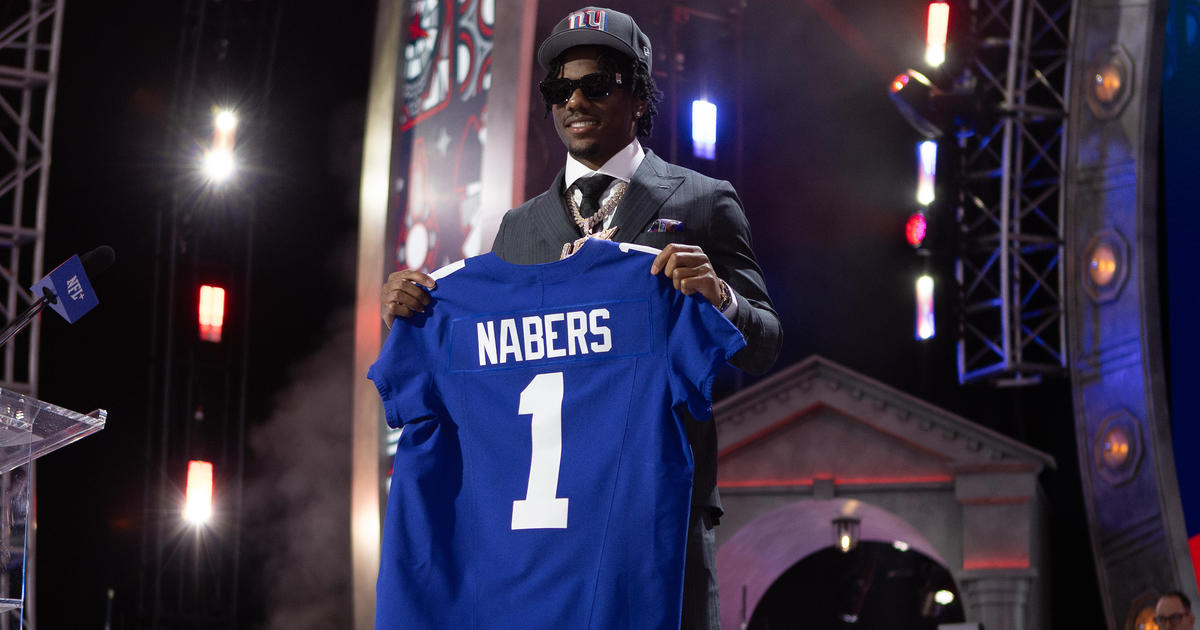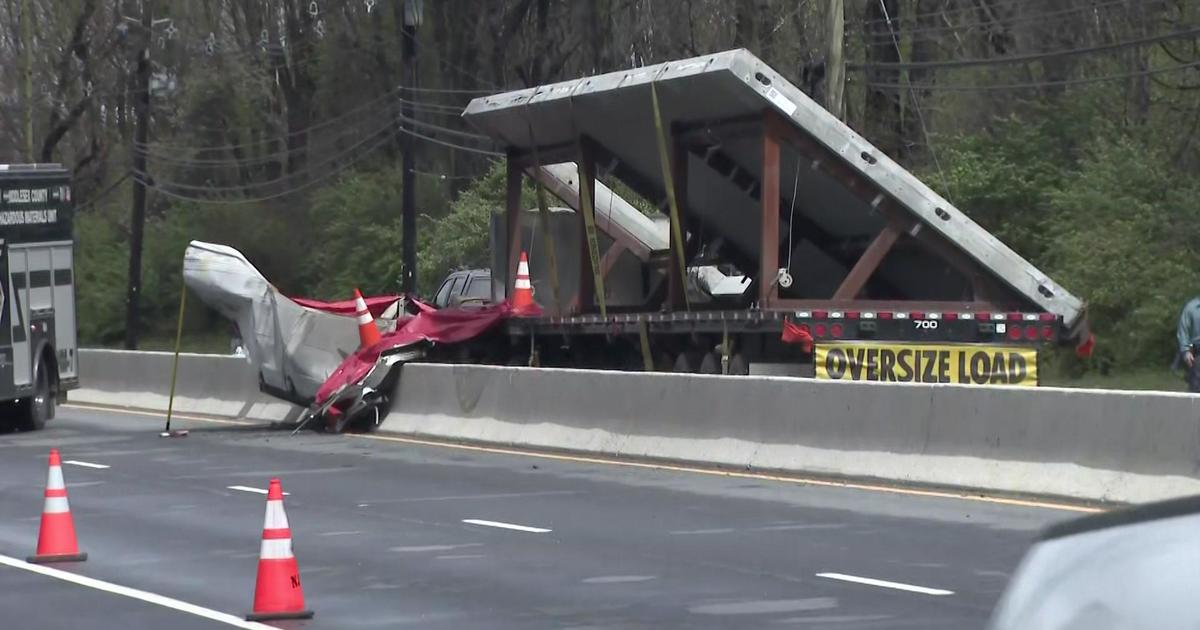Dangerous Receipts? Controversial Chemical Behind New Suffolk County Law
HUNTINGTON, N.Y. (CBSNewYork) -- Too toxic to touch?
A new law on Long Island is banning certain store receipts because of concerns over the chemical Bisphenol A -- more commonly known as BPA.
First it was banned from baby products, like bottles and binkies. Now, thermal receipts coated with BPA are a "no no" in Suffolk County.
The Safer Sales Slip Act claims writing off the receipts will eliminate one of the most common sources of exposure to BPA.
BPA is a controversial chemical often linked to breast and pancreatic cancers. Legislator Steve Stern sponsored the bill for health reasons.
"The statistics will show that those that work in retail have a substantially higher level of BPA that's in their systems," Stern told CBS 2's Vanessa Murdock.
Dr. Gilbert Ross said the law is ridiculous and is looking for trouble where none exists.
"There is no evidence that BPA in consumer products of any type, including cash register receipts, are harmful to the health of anybody," Ross said. "It's not making anything safer for anybody. It's a waste of energy, time and financial resources."
But business owners that spoke to CBS 2 think local lawmakers made the right move.
"We use the paper and we touch it all day long and anything that might be toxic, you want to try to avoid having in your life," said Joyce Ercolino, the manager of Clothes Horse. "It's not really an expensive item, so I can't imagine it would be that much of a difference."
In fact, the cost difference for the thought-to-be less toxic version is only about two to five cents per roll.
Restaurant Manager Christopher Arvans backed the ban. In fact, he made the switch to BPA-free paper a while back.
"I was actually concerned about my own safety, but then it worked out for everybody," Arvans said.
He doesn't have to worry about the Safer Sales Slip Act, but other businesses have until 2014 to comply.
Those caught using BPA-coated thermal receipts in 2014 will face fines.
The first offense will cost $500 then it jumps to $1,000.
Share your thoughts on the "Safer Slip Act" in the comments section below...



